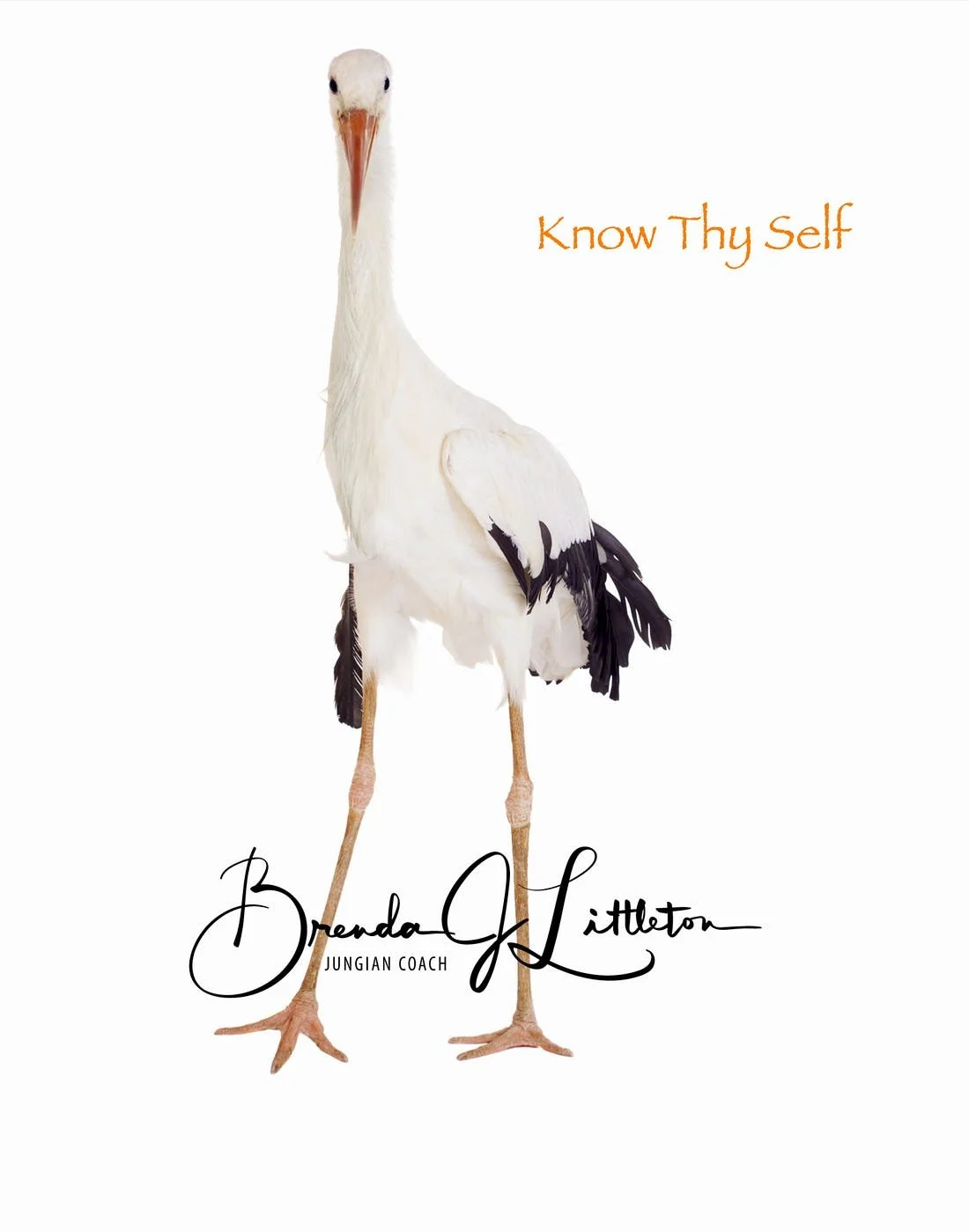When My Feelings Are Dismissed
Not Here to Be Right, Here to Be Real: Reclaiming Voice, Boundaries, and Belonging in Relationships
Know Thy Self
“Every hard conversation is a chance to practice courage. To speak with clarity. To remember that being real is more important than being right.” — Bren Littleton
It always seems to happen in the same way. I open my heart and say what hurt me. I think I am offering a bridge, a way for us to meet in the middle. But before my words can even land, I see it in their face. Their defenses rise. Suddenly, it is not about what I felt, it is about how I have accused them. My reality disappears under a flood of explanations, excuses, or counterattacks.
For a long time, I let myself get pulled into the argument. I would try to prove what I felt, to explain again and again until I was exhausted. I thought if I could find the right words, they would finally see me. But every time I fought to be right, I lost something far more valuable: my own grounding.
It has taken me years to learn another way. Now, when I feel that old sting of being dismissed, I pause and remind myself what I really need. I do not need to be agreed with. I need to be heard. And from that place, I have started to practice simple sentences that keep me tethered to my truth.
When someone brushes past my feelings, I might say, “I feel hurt when my experience is dismissed. I need my feelings to be acknowledged before we move on.” These words are not weapons. They are anchors. They bring me back to myself.
When the heat of defensiveness rises and the conversation tilts toward winning and losing, I try to step out of the tug-of-war. I have learned to say, “I don’t want to argue about who is right. I want to share how your words impacted me.” Or, “When the focus shifts to defending, I feel unseen. I need this to be about mutual understanding, not winning.” It is not easy. But these words draw a boundary that says: I will not be erased here.
The hardest moments are when my reality is questioned, when I feel the edges of gaslighting creep in. I have felt that deep ache of being told my feelings are wrong, exaggerated, or imagined. In those moments, I steady myself and say, “When you say my feelings aren’t real, I feel erased. My reality matters.” Or, “I don’t expect you to feel what I feel, but I do expect respect for my experience.”
I can trace this wound back to childhood. I remember sitting at the kitchen table, tears in my eyes, trying to explain why something had hurt me. The response I got was sharp and quick: “That’s not what happened. Stop being so sensitive.” At eight years old, I didn’t have the language to say, “My reality matters.” I only had silence. That silence became a room I carried inside me for decades.
Esther Perel reminds us that “the quality of our relationships determines the quality of our lives.” Relationships are not meant to be perfect; they are laboratories of growth. From a Jungian perspective, we are drawn to people who carry the very projections of our earliest wounds. Sometimes the dismissiveness or defensiveness we meet in a partner is not random. It touches the exact childhood hurt that longs to be seen, heard, accepted, and welcomed home again.
Just last month, in a conversation with my partner, I felt that old room of silence crack open. I had shared something vulnerable, and he quickly replied, “You’re overreacting.” The words hit like an echo from the past. For a split second, I felt myself collapse into the child at the kitchen table. But then I took a breath. I looked at him and said, “When you say I’m overreacting, I feel dismissed. I’m not asking you to agree. I’m asking you to listen.” The room inside me shifted. I was no longer trapped in silence. I was standing in the present with new language, new skills, and a new sense of self-worth.
These moments remind me that projection is not punishment. It is an invitation. The wound that shows up in my relationship is not there to destroy me. It is there to be re-homed, to be claimed back into the circle of my own love. Each time I respond differently, I give that younger self the safety she longed for, and I remind my adult self of her strength.
Because at the end of the day, I am not here to be right. I am here to be real.
And being real takes courage. It means holding steady when someone cannot meet me where I am. It means choosing to belong to myself, even when the room feels cold. Every time I stay rooted in my truth, I remember that resilience is not about never being hurt. It is about finding my way back to wholeness after the hurt.
We are all imperfect, stumbling through conversations we wish we could take back, aching for connection while protecting ourselves from shame. I remind myself of this when I feel dismissed. We are all learning. We are all becoming. And when I can keep my heart open, even in the middle of the hard places, I step back into the circle of belonging that is wide enough for both of us.

